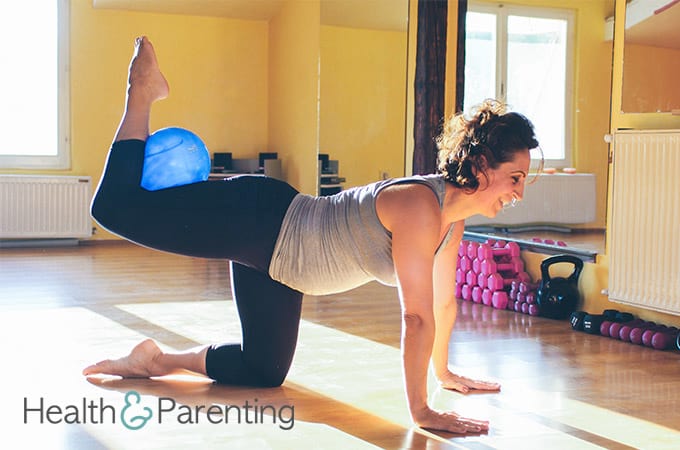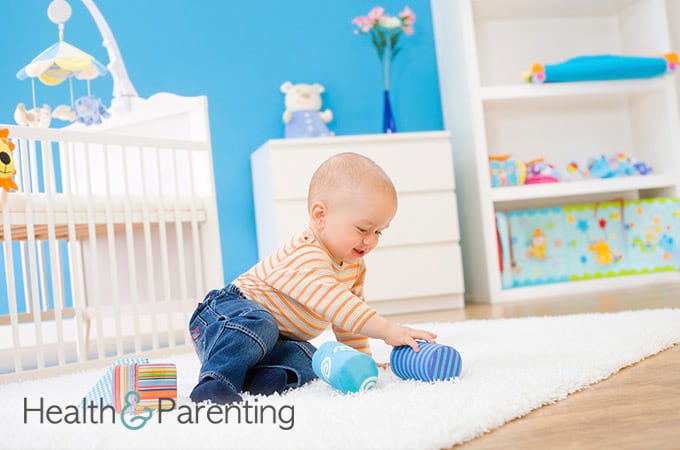As if the thought of ‘morning’ sickness and constant aches is not enough a source of tension for women during pregnancy, the idea of stretch marks appearing all over your body is another thing you may dread. Stretch marks are purple or blue venous skin marks that appear on the belly, thighs, buttocks, arms, and breasts of women during or after pregnancy. These marks are a result of torn collagen and are caused when the skin is stretched during this time.
Now you may be thinking of the countless celebrities that recently had babies, but have NO stretch marks! Don’t worry, you don’t have to be a celebrity or be rolling around in money to avoid getting these marks. (Theirs were probably digitally manipulated out of the photo anyway!) A few simple tips will help you have better skin.
Are Stretch Marks Dangerous?
No, there is nothing dangerous if you have stretch marks on your body. They won’t cause you any severe pain but they might be slightly itchy for some women. The marks, however, might not go away after your delivery. In some cases when the collagen damage is not severe, these marks fade away naturally with time after pregnancy, but not in all cases.
Does Every Woman Get Stretch Marks?
Most women get stretch marks during pregnancy. The biggest factor that can make these marks appear is your genetic make-up. If women on your maternal side of the family have a history of getting these marks during pregnancy, you are at a higher risk of getting them too.
Another common reason that causes stretch marks to appear is your weight gain during pregnancy. If you gain too much weight or you gain weight too rapidly, there are more chances of stretch marks appearing due to the high strain it puts on your skin.
How to Prevent Stretch Marks During Pregnancy
Taking preventive measures can help you prevent stretch marks from appearing, or may help you control them so you can treat them later. Let’s see how you can have beautiful and stretch-mark-free skin:
- Dry skin is more prone to getting stretched so you should keep yourself hydrated. Drink a lot of water and take fluids in order to keep your skin hydrated.
- Keep your skin moisturized using skin lotion or cocoa butter. This will not only keep your skin soft and flexible but, also prevents itching.
- Consume a healthy diet that keeps your skin healthy. Foods that are rich in vitamins and essential fatty acids are good for the skin and the replacement of damaged collagen.
- Watch your weight carefully throughout the pregnancy.
If no amount of intervention helps, be proud of your stretch marks – they are a badge of motherhood!
Written by Manal, first time mom and writer.
[amazon title=water filter&thumb=https://team-hp.com/wp-content/uploads/2014/12/1D-hydration.png&template=Thumbnail&search_link=1]
[amazon title=water filter&text=Shop for water filters on Amazon&search_link=1]
This information is not intended to replace the advice of a trained medical doctor. Health & Parenting Ltd disclaims any liability for the decisions you make based on this information, which is provided to you on a general information basis only and not as a substitute for personalized medical advice. All contents copyright © Health & Parenting Ltd 2017. All rights reserved.




















